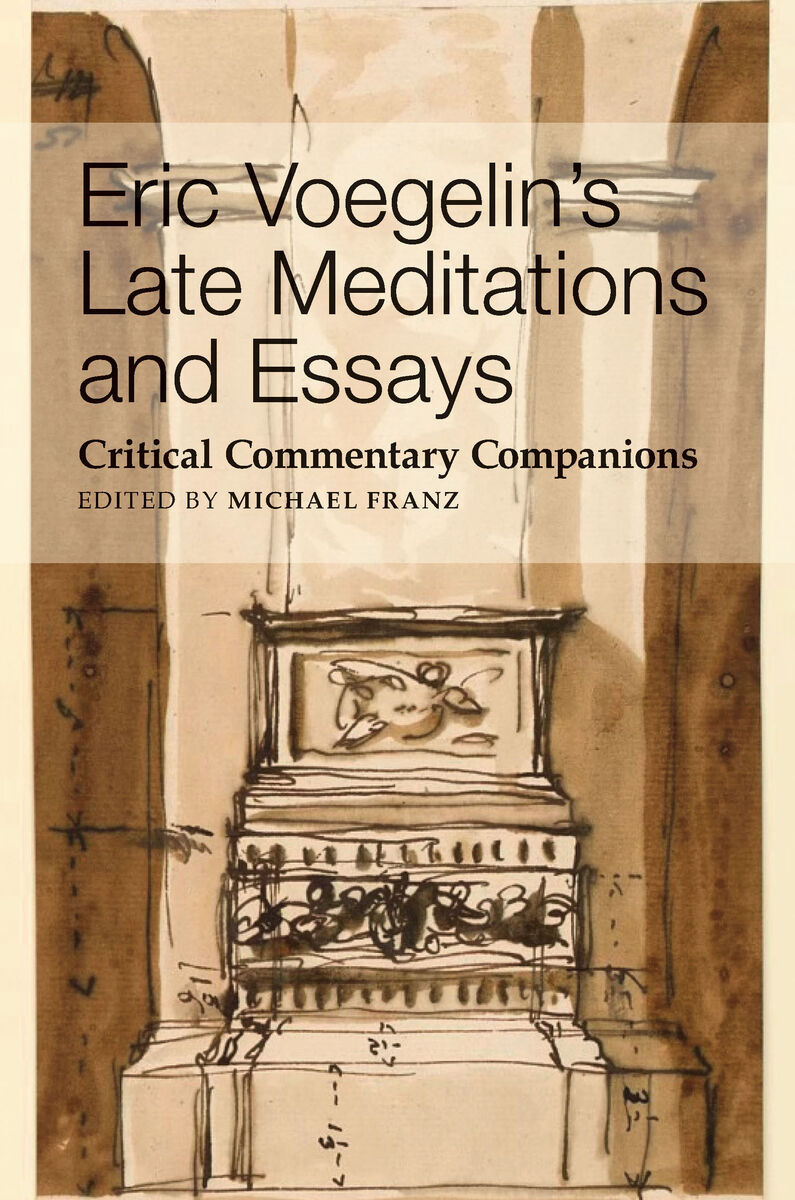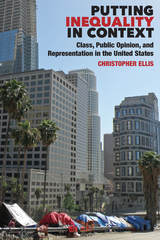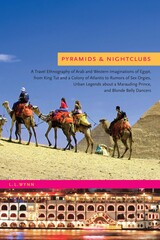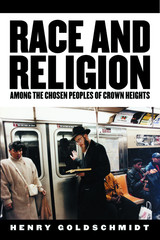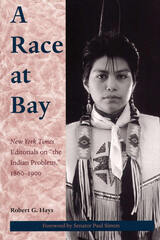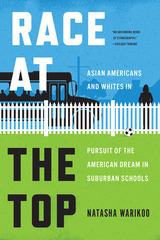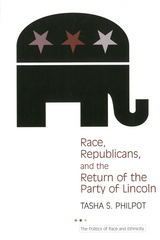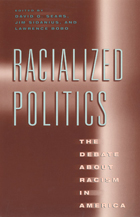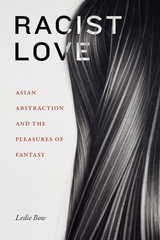Eric Voegelin's Late Meditations and Essays: Critical Commentary Companions
St. Augustine's Press, 2023
Paper: 978-1-58731-236-6 | eISBN: 978-1-58731-237-3
See other books on: Christian Theology | Essays | Franz, Michael | Philosophy | Religion
See other titles from St. Augustine's Press
Paper: 978-1-58731-236-6 | eISBN: 978-1-58731-237-3
ABOUT THIS BOOK | AUTHOR BIOGRAPHY | REVIEWS | TOC
ABOUT THIS BOOK
Eric Voegelin (1901–1985) is widely regarded as one of the greatest political philosophers of the 20th century, yet adequate understanding of his writings stands as a challenge for current and future generations. Voegelin’s thought continued to develop at a rapid pace during the last two decades of his life, and as Ellis Sandoz has written, his work found “not only its final but its most profound expression” during this period. Voegelin’s fame stemmed mostly from his many books and the laudatory review articles published in response to them, but he was “preeminently an essayist,” as Sandoz observes. The meditative analyses and essays written in the culminating phase of Voegelin’s career not only expand and deepen his work as a whole, but also revise central components of it in ways that compel reconsideration of even his most widely read texts.
Voegelin’s books gave rise to a vast secondary literature that continues to grow, yet the exceptionally impactful late essays and meditative works have never received the scholarly commentaries they deserve because they were published originally as journal articles or chapters in edited collections. This volume remedies that shortcoming with 14 critical analyses that elucidate the late essays while also addressing their implications for the entirety of Voegelin’s thought. The commentaries will prove invaluable to students and scholars in political science, philosophy, history, theology, and other disciplines, serving as a companion piece to the singularly important Vol. 12 of Voegelin’s Collected Works, Published Essays 1966–1985.
Voegelin’s books gave rise to a vast secondary literature that continues to grow, yet the exceptionally impactful late essays and meditative works have never received the scholarly commentaries they deserve because they were published originally as journal articles or chapters in edited collections. This volume remedies that shortcoming with 14 critical analyses that elucidate the late essays while also addressing their implications for the entirety of Voegelin’s thought. The commentaries will prove invaluable to students and scholars in political science, philosophy, history, theology, and other disciplines, serving as a companion piece to the singularly important Vol. 12 of Voegelin’s Collected Works, Published Essays 1966–1985.
See other books on: Christian Theology | Essays | Franz, Michael | Philosophy | Religion
See other titles from St. Augustine's Press
